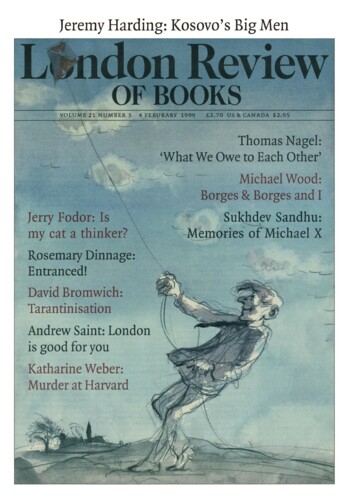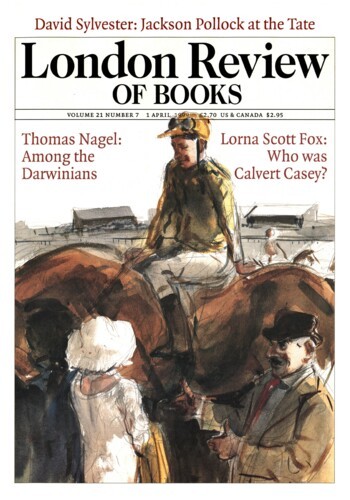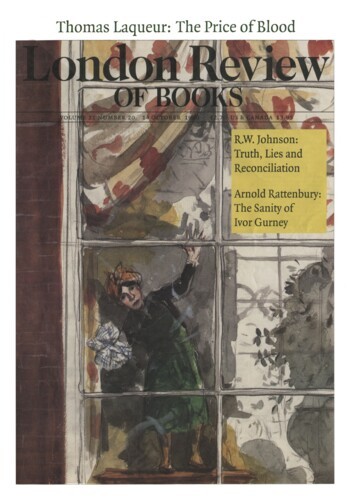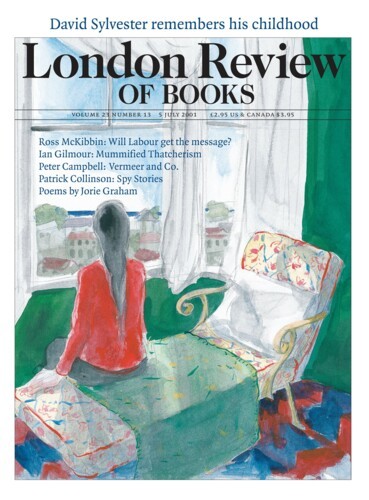Getting on with each other
Thomas Nagel, 22 September 1994
Liberalism of one kind or another is the dominant political tradition of Western culture; that is why it is under such constant attack. But while the conflicts between liberalism and various authoritarian, repressive, radical, romantic or theocratic alternatives produce a good deal of excitement on a world scale, a quieter and intellectually more demanding argument has gone on within the tradition concerning the best way to interpret liberalism, both theoretically and in application to concrete social and political problems. One of the most important issues in this debate is how liberalism justifies its distinctive toleration for multiple different and inconsistent forms of life and systems of value – its remarkable impartiality, in political terms, among diverse conceptions of the human good, and its commitment to allow individuals to seek their own salvation or self-realisation provided they do not interfere with the same freedom of others. Unlike those French secularists who forbid Muslim girls to wear head-scarves to school, true liberals are reluctant to interfere even with anti-liberal cultures in their midst. This is sometimes foolishly thought to depend on moral scepticism, but it doesn’t: the commitment to toleration, if it is not a mere compromise imposed by the balance of power, can be justified only by a strong moral conviction that it is right – otherwise why not suppress what we don’t like?’





